Resilience Is Overrated: Why Adaptability is the Real Superpower in a Fast-Changing HR World
In the HR world, the talk around resilience has become nearly constant. We hear it at conferences, see it in employee wellness programs, and watch it blended into our own professional development plans. But here’s the reality: while resilience is important, adaptability is what mid-level HR professionals need in order to thrive. In an industry where you are balancing strategy with operations and managing change on multiple levels, resilience will only get you so far. Adaptability, however, will drive your growth, expand your influence, and help you lead with purpose.
Let’s dive into why adaptability - not resilience - is your key to thriving in today’s HR landscape.
1. Adaptability Moves You Forward
Resilience is all about endurance, about bouncing back. But in a world that’s constantly shifting, sometimes it’s better to move forward than to return to the way things were. Adaptability means you’re not just responding to change; you’re learning from it and applying those lessons to new challenges.
As an HR professional myself, this sometimes means shifting how I support my team, learning new ways to engage with employees, or rethinking how I approach talent management. Instead of asking, “How can I get back to what I was doing?” ask, “How can I leverage this change to grow professionally and improve my organization?”
2. The Resilience Trap in HR
Here’s the downside of resilience: it can lead to burnout, especially in HR. When we focus solely on resilience, we risk encouraging ourselves and our teams to withstand more and more stress without addressing its root causes. For many HR pros, this can mean continuously bearing the weight of rapid change, unexpected shifts in strategy, and an expanding role in employee support - all without clear avenues for adjustment.
Adaptability is different. When you’re adaptable, you don’t just push through; you pivot. You assess, rethink, and take action in a way that supports both your well-being and that of your teams. Adaptable HR leaders question, improve, and innovate - they’re not waiting to “recover” from change; they’re finding new opportunities in it.
Pro Tip: Challenge yourself to lead adaptable teams rather than “tough” teams, creating space for growth, flexibility, and innovation.
3. Fluidity is a Strength in HR
HR is all about people, and people are anything but predictable. Adaptability allows you to be fluid, to meet needs as they arise, and to navigate the complexities of a dynamic workforce. Whether it’s a new compliance regulation, a shift to hybrid work, or a major leadership change, adaptable HR professionals are prepared. They anticipate needs, respond quickly, and adjust processes to match what’s happening now - not just what worked in the past.
Here’s a simple framework to start building adaptability in your HR role:
Embrace Continuous Learning: Seek out skills and perspectives that prepare you for future challenges.
Foster a Culture of Flexibility: Build systems that can evolve with your team’s and organization’s needs.
Empower Strategic Decisions: Equip yourself to make decisions that align with both short-term demands and long-term goals.
4. Navigating Transitions as an HR Pro
Every HR professional will face transitions: new policies, changing teams, redefined roles, technology implementations ... and so on. And adaptability is the key to navigating these changes with confidence. Transitions aren’t just hurdles; they’re stepping stones for professional and personal growth. When you approach change with an adaptable mindset, you open yourself up to fresh insights, skills, and the chance to lead with impact.
This is why I’m passionate about helping HR pros use adaptability to turn change into an advantage. When transitions arise, don’t focus solely on weathering the storm. Ask yourself how you can learn from it, apply those lessons, and emerge even more capable.
5. Building Adaptability: Practical Steps for Mid-Level HR Pros
You don’t have to wait for a major change to start building adaptability. Here are some concrete actions you can take now:
Question the Status Quo: If something’s “always been done this way,” consider if there’s a better approach.
Encourage Experimentation in Your Role: Look for low-risk ways to test new ideas, from engagement initiatives to communication strategies.
Stay Future-Focused: Prioritize professional development that aligns with evolving industry trends, not just your current needs.
Be a Flexible Leader: Support your team through change by modeling flexibility and encouraging open communication.
By prioritizing adaptability, you’ll not only strengthen your own skills but also empower your team and organization to meet challenges head-on.
Choose Adaptability Over Resilience for a Thriving HR Career
So here’s my challenge to you as an HR professional: instead of being resilient, work to become adaptable. Embrace change as a powerful tool for growth, not as something to endure. In an industry that’s constantly transforming, adaptability will help you find your voice, expand your impact, and create positive transitions that leave a lasting mark on your organization. If you’d like support on this journey, reach out - I’d love to help!
Until we meet,
Elina K.
